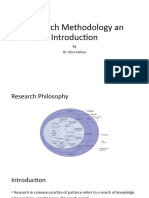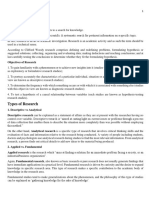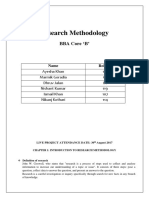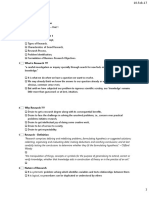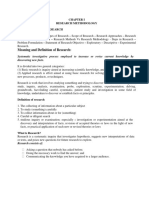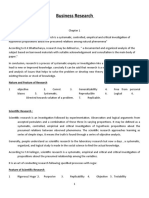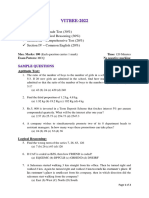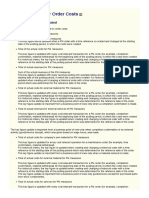0% found this document useful (0 votes)
108 views26 pagesGROUP 1 Types of Research
Research involves systematic inquiry through collecting and analyzing data according to established methodologies. There are several types of research including descriptive research, which describes characteristics of variables; analytical research, which evaluates available information; applied research, which solves practical problems; and basic research, which satisfies curiosity without immediate applications. Research can also be classified as quantitative, using numerical data; qualitative, using non-numerical data; or conceptual, analyzing existing information on a topic.
Uploaded by
Juana Isabel B. LunaCopyright
© © All Rights Reserved
We take content rights seriously. If you suspect this is your content, claim it here.
Available Formats
Download as PPTX, PDF, TXT or read online on Scribd
0% found this document useful (0 votes)
108 views26 pagesGROUP 1 Types of Research
Research involves systematic inquiry through collecting and analyzing data according to established methodologies. There are several types of research including descriptive research, which describes characteristics of variables; analytical research, which evaluates available information; applied research, which solves practical problems; and basic research, which satisfies curiosity without immediate applications. Research can also be classified as quantitative, using numerical data; qualitative, using non-numerical data; or conceptual, analyzing existing information on a topic.
Uploaded by
Juana Isabel B. LunaCopyright
© © All Rights Reserved
We take content rights seriously. If you suspect this is your content, claim it here.
Available Formats
Download as PPTX, PDF, TXT or read online on Scribd
/ 26


